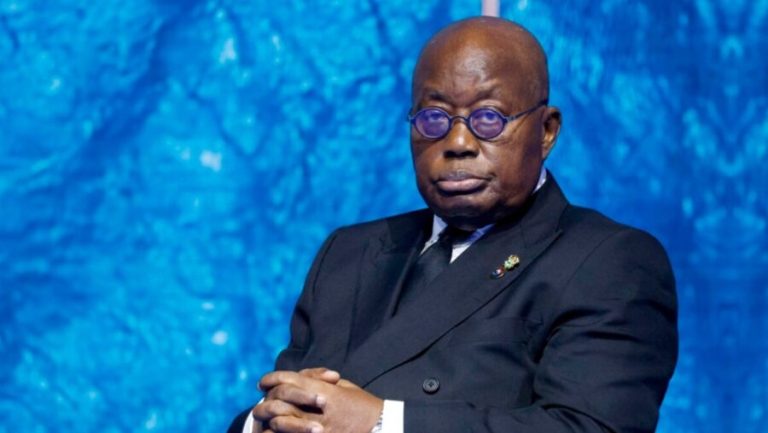In a surprising move, the Monetary Policy Committee of the Bank of Ghana has cut Ghana’s benchmark interest rate by 100 basis points, from 30% to 29%.
The move marks the first instance of a rate cut in Ghana since 2021 and marks the first occurrence of a rate cut by an African Central Bank this year. It also ends the pause on the benchmark rate movement since September 2023.
The rate cut comes after Ghana’s inflation softened to 23.2% in December 2023 from 26.2% in November 2023, the lowest value since April 2022.
Speaking to reporters in Accra, Ghana, Ernest Addison, the Governor of the Bank of Ghana noted,
- “The latest forecast suggest that the disinflation process will continue and headline inflation is expected to ease to around 13% to 17% by the end of 2024, before gradually trending back to within the medium-term target range of 6% to 10% by 2025,”
- He added, “These forecasts notwithstanding, there are upside risks to the inflation outlook and there is the need for strict implementation of the 2024 budget and a tight monetary policy stance to sustain the disinflation process,”
- “The committee noted the emerging recovery but sees the need to maintain a strong policy stance to consolidate the disinflation gains.”
What you should know
The move by the Bank of Ghana comes two weeks after the country received the $600 million disbursement from the IMF, the second tranche of its $3 billion bailout program with the lender.
Last week, the World Bank also approved a $300 million Development Policy Financing to help the country restore fiscal sustainability and enhance financial sector stability.
On February 26 and 27, the Monetary Policy Committee of the Central Bank of Nigeria will also meet to determine the benchmark rates for Nigeria, which has been paused at 18.75% since July 2023.
With inflation rates hitting a generation-high figure of 28.92% in December 2023, analysts project that rate hikes in Nigeria will continue with some analysts projecting a 500-bps hike.

